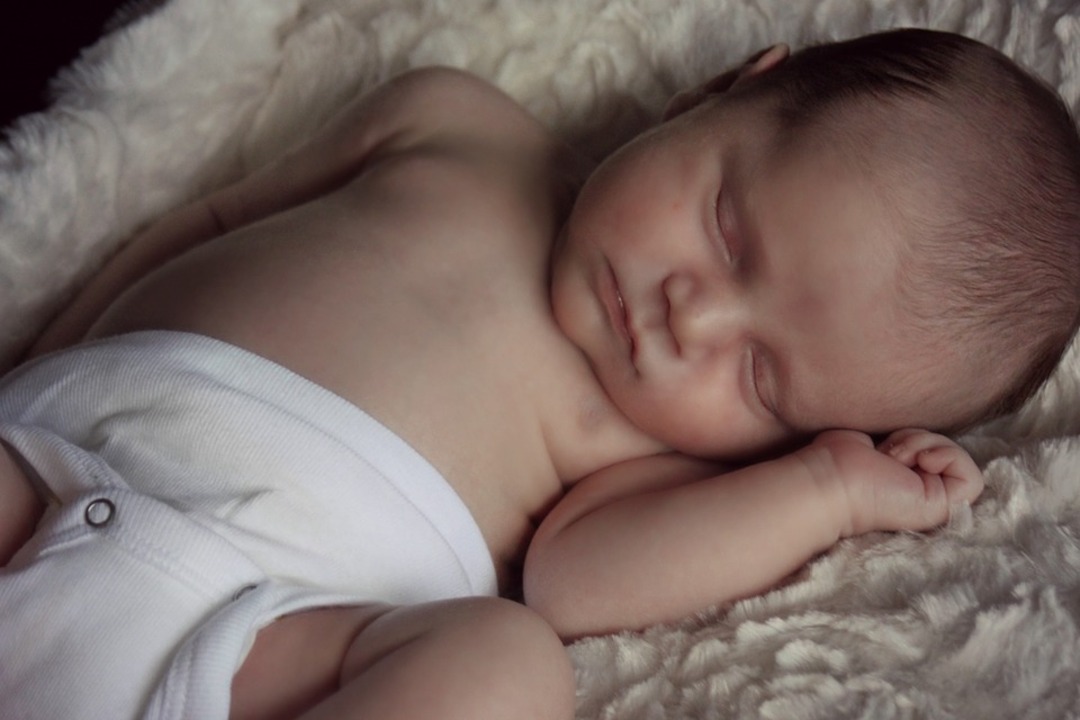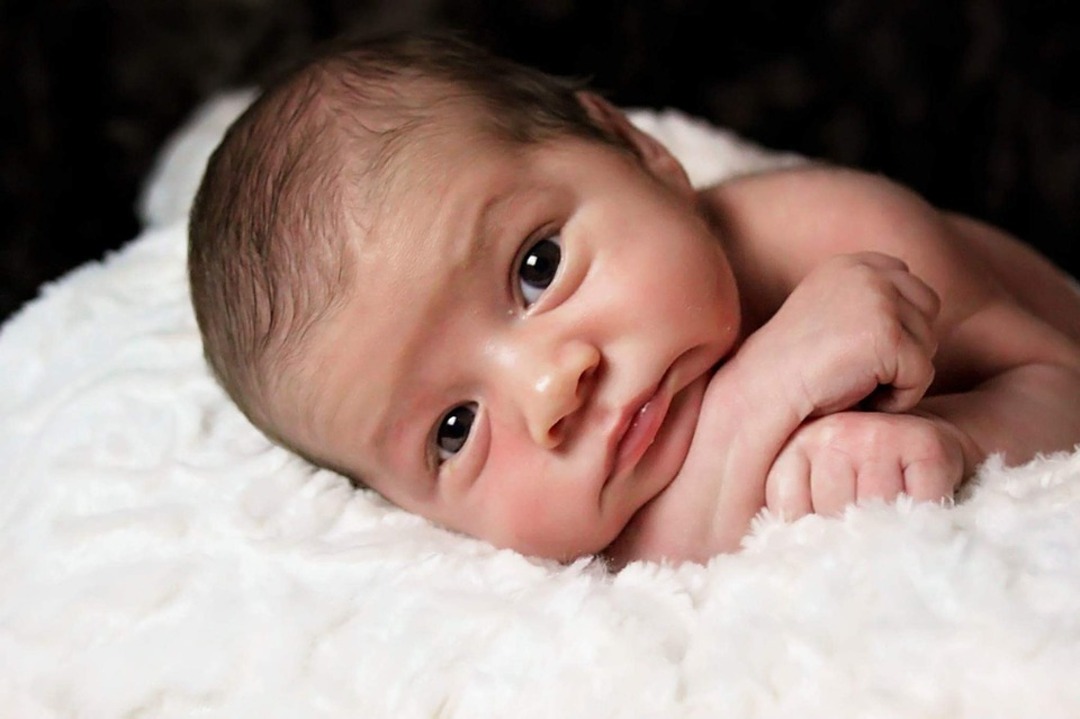-
Covid-vaccinated mothers pass on SARS-CoV-2 antibodies to infants via breast milk

The We For News reported according to a new research that encourages lactating women to continue breastfeeding after they receive the vaccine, women vaccinated against Covid-19 transfer SARS-CoV-2 antibodies to their breastfed infants, potentially giving their babies passive immunity against the coronavirus.
The study, published in the journal Obstetrics & Gynecology, measured the immune response to the Covid-19 mRNA vaccine in both breast milk and the stools of breastfed infants.
Lead author Vignesh Narayanaswamy, research student at University of Massachusetts Amherst, said: “This research is the first to detect SARS-CoV-2 antibodies in stool samples from infants of vaccinated mothers.”
He added: “This is really important because women want to know whether their babies have these antibodies, and our study shows that antibodies are being transferred via breast milk. Providing this compelling evidence is motivation for women to continue breastfeeding after they receive the vaccine.”

Further, the study showed that the antibodies were detected in infants regardless of age – from 1.5 months old to 23 months old.
Thirty lactating women from across the US — most of them healthcare workers — were enrolled in the study. They received the Covid-19 mRNA vaccine between January and April 2021.
Chinese official warns hospitals not to turn away patients over COVID curbs
The women provided breast milk samples before they were vaccinated, across two to three weeks after their first vaccine dose and across three weeks after the second dose. They also gave samples of their blood, spotted on cards, 19 days after the first dose and 21 days after the second dose. Infant stool samples were collected 21 days after the mothers’ second vaccination. Pre-pandemic samples of breast milk, dried blood spots and infant stools were used as controls for the study.
Kuwait imposes COVID-19 measures in mosques and marriage ceremonies
The samples were tested for receptor-binding domain (RBD)-specific immunoglobulin (Ig)A and IgG antibodies. In the breast milk samples, anti-RBD IgG antibodies were found to neutralise the protein spike of SARS-CoV-2, as well as four variants. A significant increase in cytokine levels also revealed the immune response in breast milk samples.
Anti-RBD IgG and anti-RBD IgA antibodies were detected in 33 per cent and 30 per cent of infant stool samples, respectively. The levels of antibodies correlated with the vaccine side effects the mother experienced.
French MPs approve new COVID vaccine pass
“Women who did feel sick from the vaccine were associated with greater antibodies in the infant stool,” said Kathleen Arcaro, Professor of environmental toxicology in the Department of Veterinary and Animal Sciences.
Arcaro said: “So you might have felt badly, but that was a benefit for your infant.”
Source: wefornews
You May Also Like
Popular Posts
Caricature
BENEFIT Sponsors BuildHer...
- April 23, 2025
BENEFIT, the Kingdom’s innovator and leading company in Fintech and electronic financial transactions service, has sponsored the BuildHer CityHack 2025 Hackathon, a two-day event spearheaded by the College of Engineering and Technology at the Royal University for Women (RUW).
Aimed at secondary school students, the event brought together a distinguished group of academic professionals and technology experts to mentor and inspire young participants.
More than 100 high school students from across the Kingdom of Bahrain took part in the hackathon, which featured an intensive programme of training workshops and hands-on sessions. These activities were tailored to enhance participants’ critical thinking, collaborative problem-solving, and team-building capabilities, while also encouraging the development of practical and sustainable solutions to contemporary challenges using modern technological tools.
BENEFIT’s Chief Executive Mr. Abdulwahed AlJanahi, commented: “Our support for this educational hackathon reflects our long-term strategic vision to nurture the talents of emerging national youth and empower the next generation of accomplished female leaders in technology. By fostering creativity and innovation, we aim to contribute meaningfully to Bahrain’s comprehensive development goals and align with the aspirations outlined in the Kingdom’s Vision 2030—an ambition in which BENEFIT plays a central role.”
Professor Riyadh Yousif Hamzah, President of the Royal University for Women, commented: “This initiative reflects our commitment to advancing women in STEM fields. We're cultivating a generation of creative, solution-driven female leaders who will drive national development. Our partnership with BENEFIT exemplifies the powerful synergy between academia and private sector in supporting educational innovation.”
Hanan Abdulla Hasan, Senior Manager, PR & Communication at BENEFIT, said: “We are honoured to collaborate with RUW in supporting this remarkable technology-focused event. It highlights our commitment to social responsibility, and our ongoing efforts to enhance the digital and innovation capabilities of young Bahraini women and foster their ability to harness technological tools in the service of a smarter, more sustainable future.”
For his part, Dr. Humam ElAgha, Acting Dean of the College of Engineering and Technology at the University, said: “BuildHer CityHack 2025 embodies our hands-on approach to education. By tackling real-world problems through creative thinking and sustainable solutions, we're preparing women to thrive in the knowledge economy – a cornerstone of the University's vision.”
opinion
Report
ads
Newsletter
Subscribe to our mailing list to get the new updates!






















